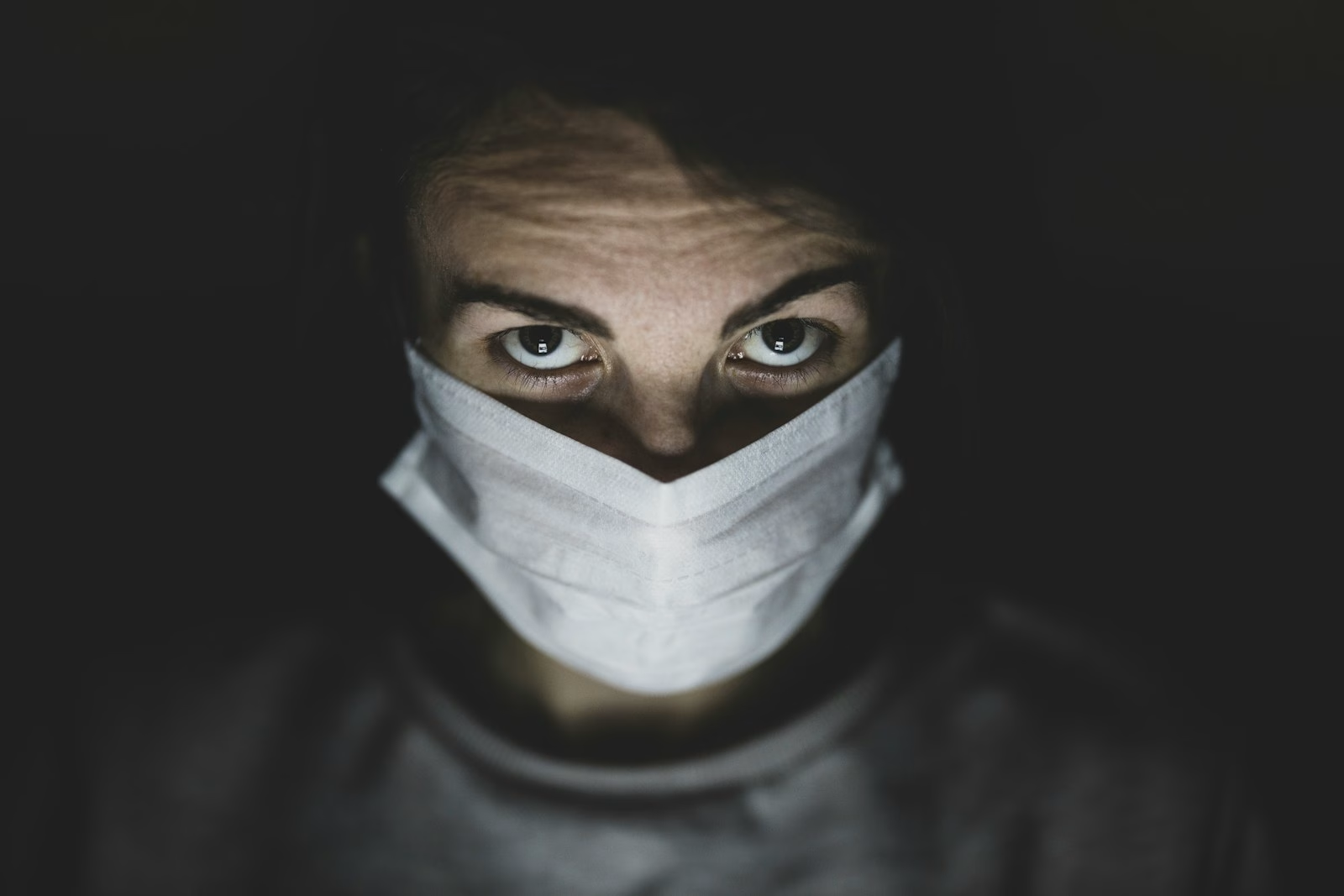Hey there! I want to chat with you about something that’s been on my mind lately: the Monkeypox virus. I know, I know—it sounds like something out of a sci-fi movie, but it’s real, and it’s something we should all be aware of. So, grab a cup of coffee (or tea, if that’s more your style), and let’s dive into this topic together.
What is Monkeypox, Anyway?
First off, let’s get the basics out of the way. Monkeypox is a rare disease caused by the monkeypox virus, which is part of the same family as the smallpox virus. The name might make you think it only affects monkeys, but it can actually infect humans too. The first case in humans was identified back in 1970 in the Democratic Republic of Congo, and since then, there have been sporadic outbreaks, mostly in Central and West Africa.
Now, I remember when I first heard about Monkeypox. It was a few years ago when I was scrolling through the news, and I saw a headline about a small outbreak in Nigeria. My initial reaction? Pure curiosity. What was this virus with such a peculiar name, and why had I never heard of it before? I dove into some research and quickly realized that, while it’s not something to panic about, it’s definitely something we should understand.
How Does It Spread?
Here’s where things get interesting—and a little concerning. Monkeypox spreads primarily through direct contact with the bodily fluids, respiratory droplets, or lesions of an infected person or animal. This means that if you’re in close contact with someone who has Monkeypox, there’s a chance you could catch it too. The virus can also be transmitted through contaminated objects like bedding or clothing.
One time, I read about a traveler who brought Monkeypox back from a trip to Africa. It was a big reminder that diseases like this don’t just stay in one place—they can travel across the world in the blink of an eye. This is why it’s so important to stay informed and take precautions, especially if you’re planning to visit areas where Monkeypox is more common.
What Are the Symptoms?
The symptoms of Monkeypox can be pretty unpleasant, but the good news is that they’re usually not life-threatening. They typically start with a fever, headache, muscle aches, and exhaustion. After a few days, a rash develops, which goes through several stages before finally scabbing over and falling off. The rash often starts on the face and then spreads to other parts of the body.
I can’t help but think about how similar this sounds to chickenpox, a virus that many of us dealt with as kids. I remember being covered in itchy spots and trying desperately not to scratch them. The thought of going through something like that again as an adult? No, thank you! But unlike chickenpox, Monkeypox can be more severe and, in some cases, lead to complications like pneumonia or even encephalitis (which is inflammation of the brain).
How Can You Protect Yourself?
So, what can you do to protect yourself from Monkeypox? The first step is awareness. If you’re traveling to an area where Monkeypox is known to occur, take precautions. Avoid close contact with animals that could be infected, like monkeys and rodents, and steer clear of anyone who appears to be sick.
On a more personal note, I’ve always been a bit of a germaphobe, so I’m all about those extra precautions. Whether it’s using hand sanitizer religiously or keeping my distance in crowded places, I believe that a little caution can go a long way. If you’re anything like me, you might already be doing some of the things that can help protect you from Monkeypox.
Treatment and Prevention
Currently, there’s no specific treatment for Monkeypox, but most people recover on their own without any long-term effects. Doctors usually focus on relieving symptoms and preventing complications. In some cases, antiviral drugs may be used, but they’re not always necessary.
Vaccination is another option, especially if you’re at high risk. The smallpox vaccine has been shown to provide some protection against Monkeypox, which is a nice bonus. However, not everyone needs to rush out and get vaccinated. It’s more about assessing your risk and making an informed decision.
I remember chatting with a friend who works in healthcare, and she mentioned how vaccines like these are a powerful tool in our public health arsenal. It’s one of those things that you hope you never need, but it’s reassuring to know it’s there if you do.
Why Should You Care?
You might be wondering, “Why should I care about Monkeypox? Isn’t it just another rare disease that I’ll never encounter?” Well, maybe. But in today’s interconnected world, diseases can spread faster than ever before. We’ve all seen how quickly a virus can travel, and while Monkeypox isn’t as contagious as something like COVID-19, it’s still worth being aware of.
Plus, understanding diseases like Monkeypox helps us become more informed global citizens. The more we know, the better equipped we are to protect ourselves and our communities.
Final Thoughts
At the end of the day, Monkeypox is one of those viruses that’s easy to overlook—until it’s not. By staying informed and taking some simple precautions, you can reduce your risk and keep yourself and those around you safe.
Thanks for sticking with me through this post! I hope you found it helpful and maybe even a little bit interesting. If you’ve got any thoughts or questions about Monkeypox, feel free to drop a comment below. I’d love to hear what you think!
Stay safe out there!
References:
- CDC – Monkeypox Overview
- World Health Organization – Monkeypox Fact Sheet
- NHS – Monkeypox Information
